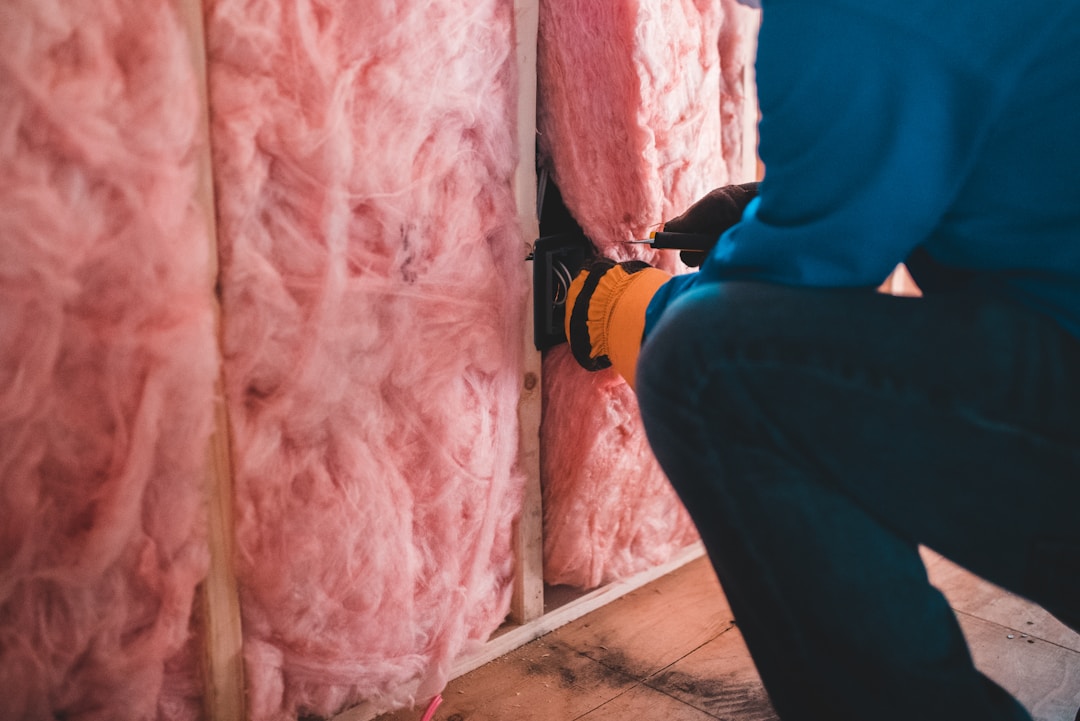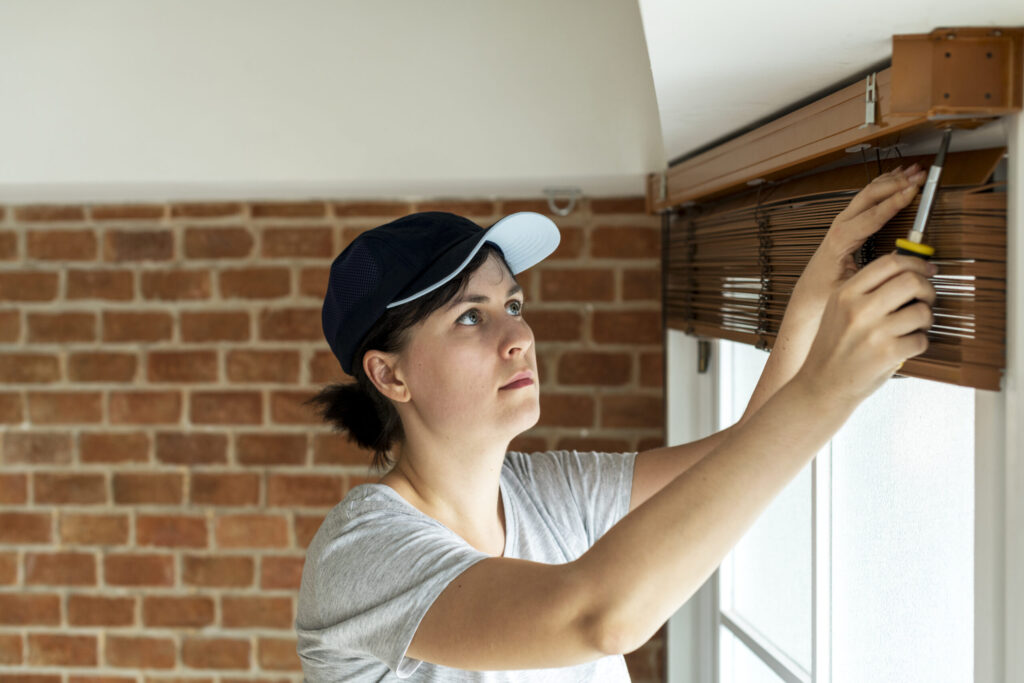Owning a new home can be one of the most exciting chapters in a person’s life. It signifies a fresh start, a space that is uniquely yours, and an investment in your future. However, along with the thrill of homeownership comes the responsibility of maintenance. By staying on top of regular upkeep tasks, homeowners can prevent major issues, save money, and ensure their home remains a comfortable and safe haven. In this article, we’ll dive into essential home maintenance tips that every new homeowner should know.
Tune Up Your HVAC System Regularly
A home’s Heating, Ventilation, and Air Conditioning (HVAC) system is crucial for ensuring comfort throughout the year. Just as you would maintain a vehicle to ensure it runs smoothly, your HVAC system requires regular check-ups to operate efficiently. New homeowners often underestimate the importance of these tune-ups until they’re faced with a malfunction during peak seasons.
Pro Tip: If you live in Yorkville, Ohio, consider getting your HVAC system serviced by Summers PHC in Yorkville. Their technicians emphasize just how vital regular maintenance is to extend the lifespan of the system and reduce energy costs.
Inspect Your Roof and Gutters
The roof serves as the primary shield against external elements like rain, sun, snow, and wind. By doing periodic checks, especially after heavy storms or at least twice a year, you can detect and fix issues before they escalate. Keep an eye out for missing or damaged shingles, and ensure there are no leaks. Similarly, clear your gutters of leaves and other debris. Clogged gutters can lead to water buildup that can damage your home’s foundation and walls.
Check Your Home’s Foundation
Your home’s foundation is, quite literally, the base on which your house stands. It’s vital to periodically inspect the foundation for cracks or signs of damage. Small cracks can be an indication of larger issues down the road. If you do find any damage, it’s crucial to address it promptly to prevent more extensive (and expensive) problems in the future.
Refresh the Paint

While painting may seem like a cosmetic update, a fresh coat of paint can provide a protective layer against the elements, particularly for exterior surfaces. Paint can prevent damage from the sun, rain, and insects. Additionally, it can improve your home’s curb appeal, which can be beneficial if you decide to sell in the future. Periodically checking and touching up the paint can go a long way in preserving the look and integrity of your home.
Test Safety Devices Regularly
Safety should always be a priority. Ensure that smoke detectors, carbon monoxide detectors, and fire extinguishers are in good working condition. It’s recommended to test these devices monthly and replace batteries at least once a year. This simple act can be lifesaving, ensuring that you’re alerted promptly in the event of an emergency.
Understand Your Home’s Plumbing
Plumbing issues, if neglected, can lead to significant problems and costs. Familiarize yourself with the main water shut-off valve’s location. This knowledge can be invaluable in emergencies, like a burst pipe. Periodically inspect for any leaks, especially under sinks and around appliances. Even a small drip can lead to higher water bills and potential water damage.
Prioritize Landscaping and Exterior Maintenance
Your home’s exterior is the first impression visitors get, and maintaining it can increase your property’s value. Regularly trim bushes and trees, especially those close to the house. Overhanging branches can damage the roof or become potential entry points for pests. Additionally, maintain your lawn by mowing regularly, watering appropriately, and addressing any patches or dead spots.
Keep an Eye on Appliances
Household appliances like refrigerators, ovens, and washing machines can be significant investments. To ensure they have a long lifespan, it’s essential to follow the manufacturer’s recommendations for maintenance. Cleaning, inspecting, and, when necessary, servicing these appliances can prevent unexpected breakdowns and costly replacements.
Monitor and Seal Drafts
One of the most common issues that can spike energy bills and affect your home’s comfort is the presence of drafts. Over time, homes can develop small gaps around windows, doors, and other openings that let in cold air during the winter and hot air during the summer. Regularly checking for these drafts and sealing them with caulk or weather stripping can not only enhance comfort but also reduce energy consumption and ease the toll on your HVAC system.
Maintain Your Chimney and Fireplace
If your home comes with a fireplace, it’s crucial to ensure it’s safe to use. Before the colder months set in, inspect your chimney for any obstructions, like bird nests or debris, and get it professionally cleaned. Creosote, a by-product of wood burning, can accumulate in the chimney and pose a fire hazard if not periodically removed. Also, always ensure the flue is open when the fireplace is in use to prevent carbon monoxide buildup.
Inspect and Clean Dryer Vents
Lint accumulation in dryer vents is a hidden danger that many homeowners overlook. A clogged dryer vent can significantly reduce the efficiency of your dryer, increase energy costs, and even pose a fire risk. Make it a habit to clean the lint trap after every use and inspect and clean the external dryer vent at least once a year.
Address Pest Issues Promptly
From termites eating away at your home’s structure to rodents nesting in attics, pests can cause extensive damage if left unchecked. Periodically inspect your home for signs of pest infestation, such as droppings, unusual sounds, or damaged wood. If you detect any issues, consider consulting a pest control professional to address the problem before it escalates.
Maintain Your Driveway and Walkways
Over time, driveways and walkways can develop cracks due to weather changes and ground movement. Water seeping into these cracks can worsen the damage, especially during freezing temperatures. Regularly inspect these areas, and fill in any cracks with appropriate sealants. Not only will this improve your home’s curb appeal, but it will also prevent larger, more expensive repairs in the future.
Regularly Change and Upgrade Insulation

Proper insulation is vital for a home’s energy efficiency and comfort. Over time, insulation can degrade or become less effective. Every few years, inspect your insulation, especially in the attic, to ensure it’s in good condition. If you find areas that are thinning out or showing signs of wear, consider upgrading or adding more insulation.
Deep Clean Carpets and Floors
While regular vacuuming and mopping are essential, every so often, your floors and carpets require a deep clean. Dirt, dust, and allergens can get embedded in carpet fibers, affecting indoor air quality. Renting a carpet cleaner or hiring professionals once a year can prolong the life of your carpets and provide a healthier living environment.
Maintain Outdoor Lighting
Proper lighting is essential not just for aesthetics but also for safety. Ensure walkways, entryways, and driveways are well-lit to prevent accidents. Regularly check outdoor light fixtures for any damage or burnt-out bulbs. Clean them periodically to ensure they are free of dirt or cobwebs which could reduce their effectiveness.
Conclusion: The Value of Proactive Home Maintenance
Homeownership is a journey, one that comes with both joys and responsibilities. Proactive maintenance is not just about keeping a house looking its best; it’s about ensuring it functions efficiently, safely, and comfortably. By regularly attending to these key areas of home upkeep, new homeowners can enjoy the peace of mind that comes with a well-maintained property, while also safeguarding their investment for years to come.







